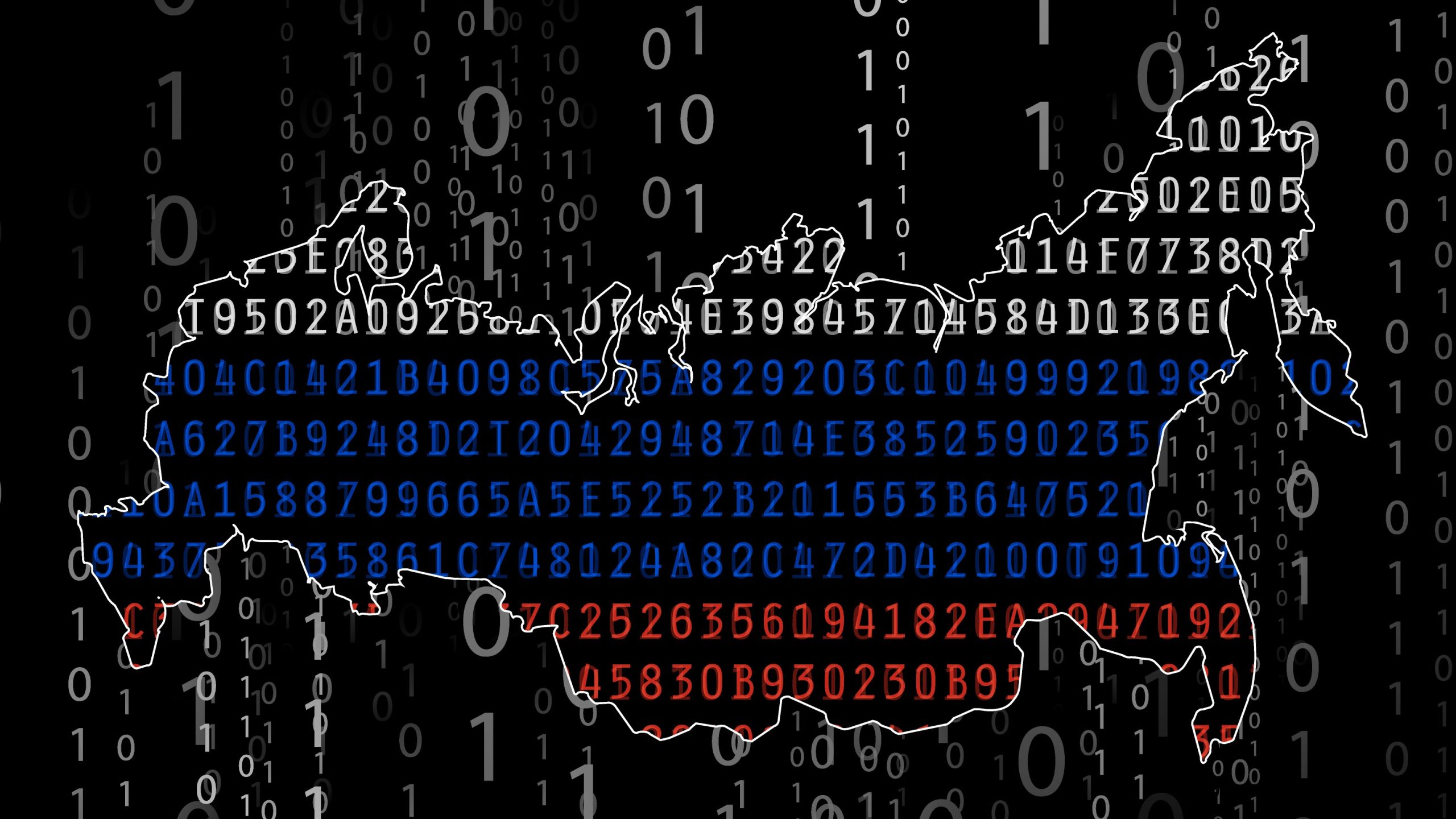- Russian Parliament passed a law to punish online searches for so-called ‘extremist’ content
- The law also adds new penalties for VPN users, making its usage to access extremist content a crime as an aggravating factor
- WhatsApp is the latest app set to be banned in Russia
People in Russia are set to face new fines for “searching for or accessing knowingly extremist materials,” including through VPN services.
Russian Parliament, the State Duma, passed the new law on Tuesday, July 22, 2025, with 306 votes in favor, 67 against, and 22 abstaining – as reported by Russian Independent news outlet Meduza.
The law has so far attracted strong criticism, even among pro-government figures, according to Reuters. Digital rights experts are also raising the alarm.
Russia VPN – what’s changing with the new law?

The Kremlin’s fight against VPN usage certainly isn’t new. As more people in Russia have turned to the best VPN apps to bypass ever-stricter internet censorship, authorities have been doing their best to prevent this.
From deploying sophisticated VPN blocking techniques in March 2024, the government introduced for the first time a law to criminalize the spread of information about ways to circumvent internet restrictions.
That’s likely the basis that led the Kremlin’s infamous censorship body regulator Roskomnadzor to issue VPN removal demands against the Big Tech giant. Apple was the most complainant of the lot, killing at least 60 VPN apps, including the popular Russian service Amnezia VPN, from July 2024 onwards alone.
Now, the new law introduces additional penalties for violating rules on VPN usage. This means that advertising VPN services can now cost individuals between 50,000–80,000 rubles ($640–$1,020). This rises to 80,000–150,000 rubles ($1,020–$1,900) for officials, and 200,000–500,000 rubles ($2,550–$6,380) for legal entities.
Talking to TechRadar, co-founder of Russian digital advocacy group Roskomsvoboda, Sarkis Darbinyan, explains that the law doesn’t seem to prohibit the use of VPNs directly.
“But it already describes the use of VPNs as a qualifying feature of illegal searches, although without more severe punishment at this stage,” Darbinyan added.
Darbinyan also notes that authorities passed another law along the aforementioned, adding the use of VPNs to the aggravating circumstances for punishment for committing any crime.
How Russia’s new law affect VPN users?
According to the Kremlin, banning the online search of so-called extremist content comes as an alternative to completely blocking foreign platforms.
“In our understanding, this [the adoption of the bill] allows us to strike a balance: on the one hand, to prevent the further dissemination of extremist materials, [and] on the other hand, to refrain from blocking major Western platforms for now,” said Minister of Digital Development, Communications and Mass Media Maksut Shadayev – Interfax reported.
Crucially, Shadayev also assures that “ordinary users will not be affected,” despite failing to explain how.
This assurance isn’t, however, convincing digital rights experts who now fear stronger repercussions against dissidents.
Darbinyan told TechRadar: “The law still does not contain a direct ban on the use of VPNs. There will be no fines for users for normal use for legitimate purposes, but searching for prohibited content via a VPN may result in a fine, regardless of the purpose. And the risk of self-censorship increases significantly: people may be afraid to download and use VPNs even for legal purposes.”
Talking to The Moscow Times, Darbinyan also pointed out that only having a VPN on your phone might be enough to trigger a deeper check. “Eventually, we could see criminal charges for VPN use after just one or two warnings – like with the law on foreign agents,” he said.
It’s also worth mentioning that the highly popular WhatsApp app is now likely to be restricted in Russia – and the parent company Meta has already been designated as an extremist organization.






